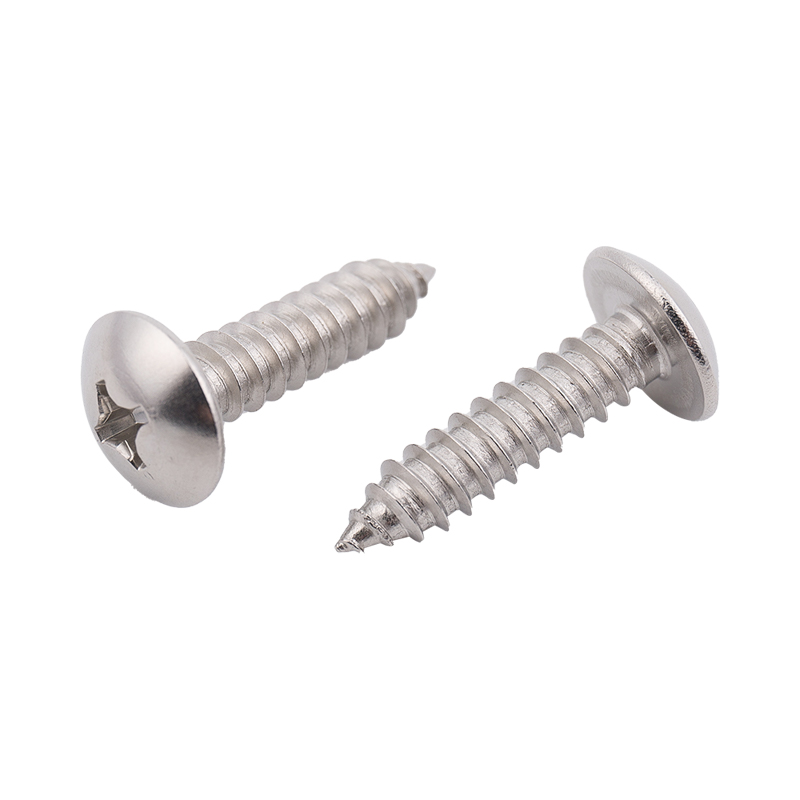-
CBB61 1.2uF/400V Black Film CapacitorsThe CBB61 1.2uF/400V capacitor features a black casing with black dielectric material, measuring 37mm × 24mm × 13mm. It includes mounting holes for se...
-
CBB61 1.5uF/400V CapacitorsThe CBB61 1.5uF/400V capacitor shares the 37mm × 24mm × 13mm black casing and black dielectric material with its 2.0uF counterpart. It also features m...
-
CBB61 2.0uF/400V CapacitorsThe CBB61 2.0uF/400V capacitor comes in a black casing with a black dielectric material, measuring 37mm × 24mm × 13mm. It includes mounting holes for ...
-
CL21 155/400V CapacitorsThe CL21 155/400V capacitor measures 22.5mm × 17.5mm × 10.3mm and is designed with a brown encapsulated casing, offering robust insulation and environ...
-
CL21 105/630V CapacitorsThe CL21 105/630V capacitor has dimensions of 22mm × 12.5mm × 7mm and features a brown encapsulated design, providing enhanced insulation and mechanic...
-
X2-104uf/305V CapacitorsThe X2-104uF/305V capacitor measures 18mm × 12mm × 11mm and features a yellow shell and yellow dielectric material, ensuring reliable insulation and l...
What are the torque-tension relationships for stainless steel screws?
Industry News-The torque-tension relationship for stainless steel screws is crucial in ensuring proper clamping force while avoiding issues like over-tightening or under-tightening. This relationship is governed by the following equation:
Where:
-
T = Torque (Nm or lb-ft)
-
K = Friction or "nut factor" (depends on lubrication, coating, and surface condition)
-
D = Nominal diameter of the screw (m or in)
-
F = Desired clamping force or preload (N or lbf)
Key Factors Affecting Torque-Tension in Stainless Steel Screws:

-
Friction and Lubrication
-
Stainless steel has a high tendency to gall (cold-weld) due to its self-healing oxide layer.
-
Lubrication (PTFE, MoS₂, wax, etc.) can reduce friction and ensure consistent torque application.
-
Without lubrication, high friction can lead to unpredictable preload forces, often causing thread damage.
-
-
Surface Finish and Coating
-
Polished or passivated surfaces typically have lower friction than rough or untreated stainless steel.
-
Coatings like PTFE, black oxide, or zinc-nickel plating can alter the required torque by changing the K-factor.
-
-
Thread Pitch and Type
-
Fine threads generally provide higher preload for a given torque but are more sensitive to contamination.
-
Coarse threads are more resistant to stripping and galling but may require slightly higher torque.
-
-
Material Hardness and Yield Strength
-
Different stainless steel grades (e.g., 304, 316, 410, 17-4PH) have varying tensile strengths, affecting the maximum safe clamping force.
-
-
Environmental Considerations
-
High-temperature applications can reduce the strength of stainless steel, affecting torque requirements.
-
Exposure to moisture and corrosive environments may lead to thread seizure, requiring anti-seize compounds.
-
General Torque Values for Stainless Steel Screws (Lubricated)
(Applies to 304/316 stainless steel with a standard K-factor of 0.16–0.18)
| Screw Size | Torque (Nm) | Clamping Force (N) |
|---|---|---|
| M5 | 5–6 | 4,500–5,500 |
| M6 | 8–10 | 7,500–9,000 |
| M8 | 20–25 | 14,000–16,000 |
| M10 | 40–50 | 22,000–25,000 |
For dry stainless steel screws, the torque values will generally be higher due to increased friction.



 русский
русский Español
Español